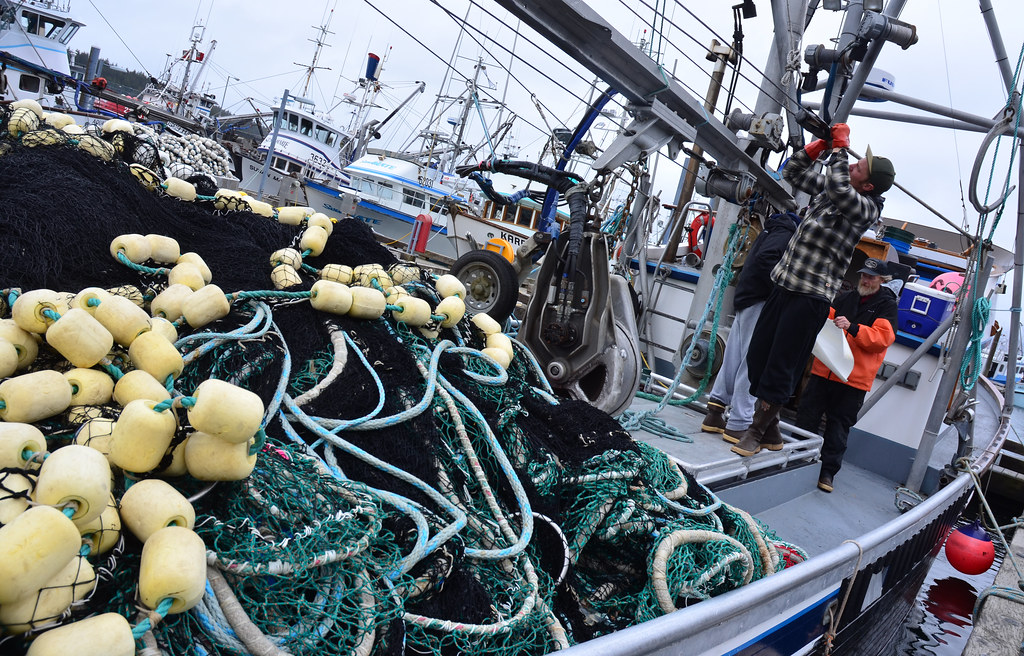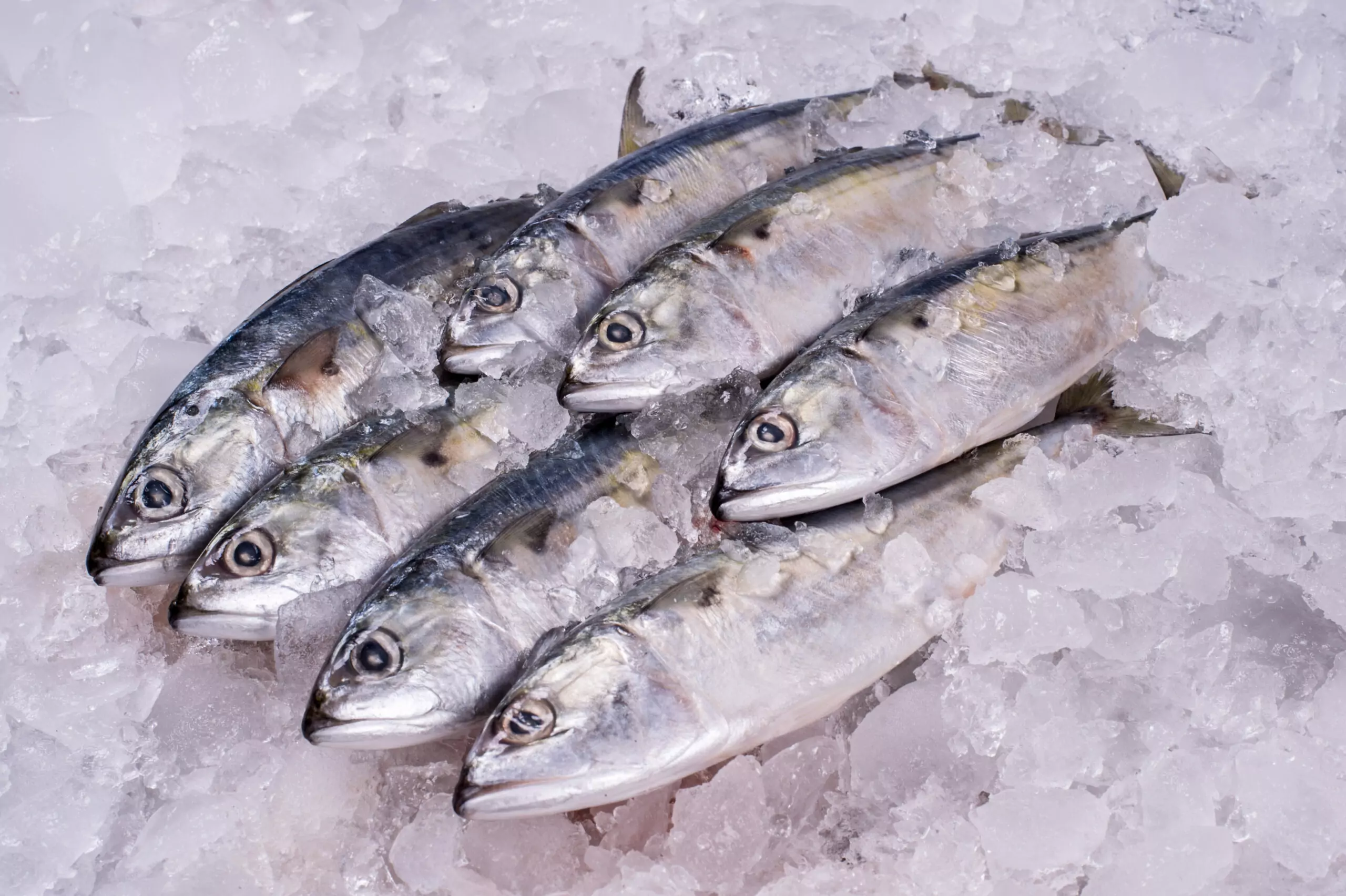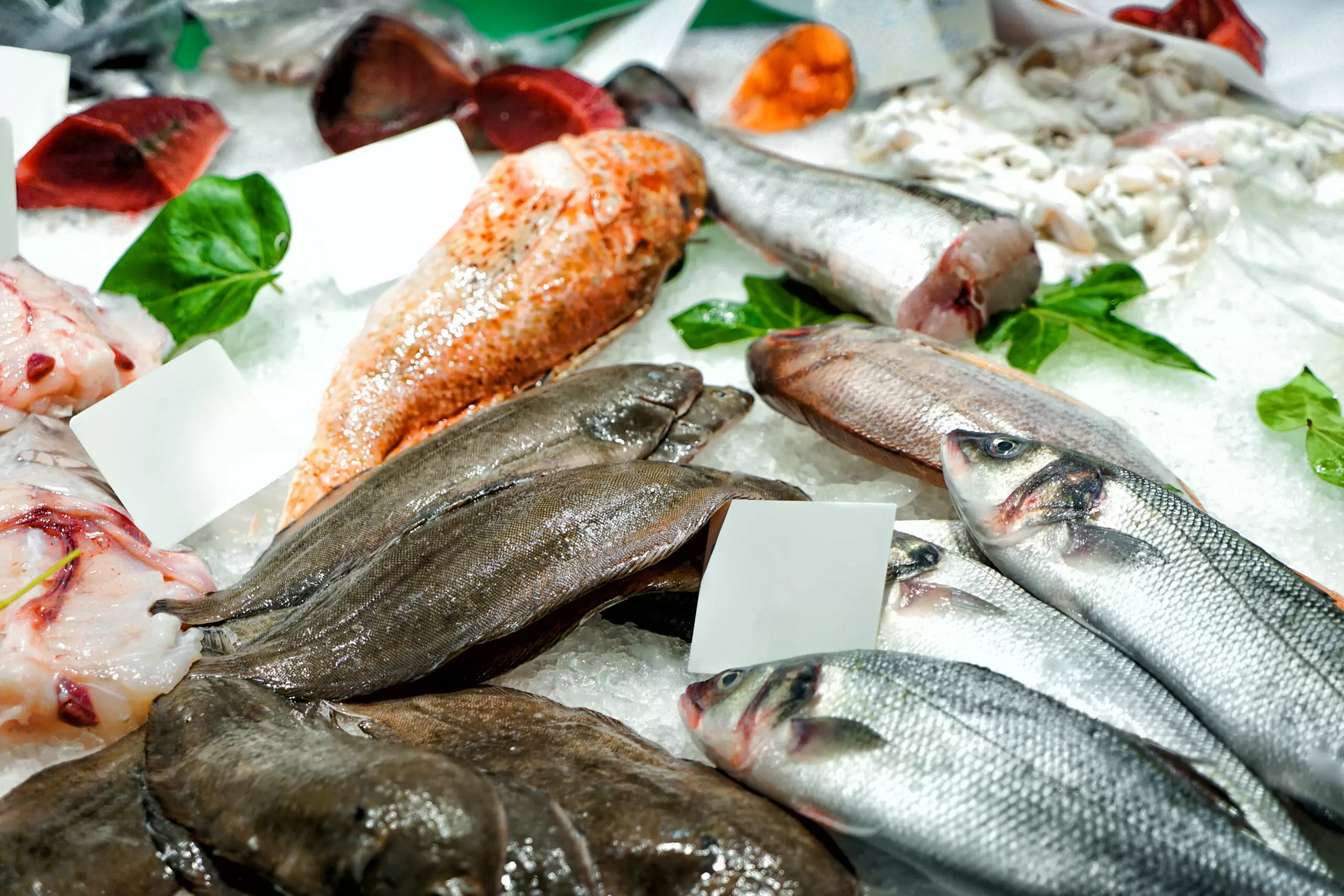If you love seafood, it is likely that you keep a watchful eye on current events that may impact our world’s fisheries. It is imperative that we understand how environmental concerns may harm our supply of high quality fish and shellfish. There are two tremendous events in particular that are garnering increasing attention – climate change and ocean acidification. Both are caused by human emissions of carbon dioxide and both are exceptionally frightening for those of us that rely on the oceans for food and jobs.
The chemistry of our atmosphere and oceans is changing. In terms of earth’s existence, the change is occurring very rapidly. It is very difficult to predict what the worlds oceans will look like in 50-100 years, yet it is crucial that we understand the coming changes in order to develop proper management schemes to conserve our seafood supply. We must rely on scientists to conduct surveys and experiments to help us anticipate the coming tide of our changing oceans. These studies have revealed very interesting results. Recently we learned that fish behavior might be changing with acidifying oceans. Now we are witnessing increasing ocean temperatures possibly causing average fish size to shrink. This strange phenomenon is causing scientists, fishermen, and seafood consumers to wonder how our oceans will be affected.
Rising ocean temperatures = smaller fish
A recent study, conducted by fisheries scientists with the University of Aberdeen, have found that the average size of fish in the North Sea could be decreasing due to rise in ocean temperatures. The researchers looked at the maximum length of mature haddock, whiting, herring, Norway pout, plaice, and sole over a period of 38 years, during a time when average temperatures in the North Sea increased 1C – 2C (33 – 35 F). The results revealed that the size of these fish at maturation decreased by as much as 29%.
A marine biologist might wonder at other common factors that these fish might share, such as a food source, habitat, or fishing pressure, that could be affecting their size. Heavy fishing tends to remove the largest, oldest, and most robust individuals first, leaving behind the smaller fish. Food scarcity or a lack of nutrients would lead to smaller individuals, as might habitat destruction or infringement.
Interestingly, the fish species that were selected for the study represented a broad range of diets, habitat, and fishing mortality. Turns out, ocean temperature is the only factor that the scientists could find that would have affected all of these species. Since water holds more oxygen when it is colder, the researchers in this study believe that the average warmer temperatures contain less oxygen, an essential component in the growth rate of fish.

Image courtesy of Flickr User James Brooks.
In the nets and at the market
This news is very alarming. The change of 1C – 2C in ocean temperature is very subtle, minuscule even. But a reduction in fish size of nearly 1/3 is extreme. This means that a fish normally reaching 20 pounds is now only 14 pounds, a 50 pound fish becoming 35 pounds. If these fish are be sold for $5-10 per pound, the missing pounds start adding up. Each fish caught will on average yield less meat, resulting in less money for fishermen, who in turn will be forced to try and catch more fish or raise their prices to sustain their income. Seafood consumers will feel the cost increase at the market. Fishing pressure will increase and without effective management, fish populations will decrease.
An imbalance in the oceans
There may be serious negative effects on entire ecosystems that come with decreasing fish size. Everything in the ocean food web is connected – if fish on a lower trophic level become smaller, they will naturally yield fewer nutrients for organisms higher up on the energy chain. These animals could be predatory fish or sharks that are already suffering from the same depleted oxygen levels, or marine mammals that need to sustain massive amounts of energy to survive. They will be compelled to eat more of the smaller fish – lending to a decline in population – or switch their food source to something else. Ripple effects could be seen far and wide in many different ocean ecosystems.
Organisms have an amazing ability to adapt and evolve to survive. But much more time is needed to keep things in balance. These fish are being forced to adapt too quickly to changing conditions – entire ecosystems need at least thousands of years to properly evolve. Right now human activity is forcing monumental changes over a span of decades.
Global implications
This study took place on fish data from the North Sea, but what about other areas? Although scientists predict that different regions will show quite a bit of variation, we have seen a global increase in sea surface temperatures. We must wonder how other animals are likely to be affected. If all our oceans are warming, then we must believe that they will all begin losing the capacity to hold oxygen.
Organisms rely on this oxygen – it would be akin to our atmospheric being sucked away, so that humans were forced to survive on less oxygen. Imagine a world where it is hard for our lungs to gather enough oxygen to fuel the movement of our bodies. Just walking down the street would become a tremendously difficult task. Fish and invertebrates would surely lose the energy needed to find food, shelter and mates.
Coral reefs are especially sensitive to environmental conditions, with higher temperatures causing coral bleaching and eventual death. Coral reefs are home to 25% of life in the oceans with biodiversity levels on par with terrestrial rainforests. Coral reefs provide millions of people with food and jobs in fishing and ecotourism. Their disappearance would have grave implications for the future.
If oceans cannot adapt, then humans must
This study highlights the fact that we know very little about how our oceans may change in the coming years. We do know that our carbon emissions are harming our seafood supply, a vital protein source for millions of people. We must do our best to continue studying and learning, to discover what the future holds for our oceans and how WE can adapt to remediate these changes. In the meantime, the best steps each and every person can do is to reduce our carbon footprint.
Check out these websites to discover excellent ways to reduce your carbon footprint in simple, easy ways:
- Environmental Protection Agency – The EPA offers a comprehensive guide on how families cut greenhouse gas emissions at home, the office, at school, and while traveling. They also have detailed information for state and local governments on how to participate in their climate and energy program.
- Carbonfund.org – This website outlines numerous ways that individuals and businesses can reduce their carbon emissions.
- Business carbon reductions – The Carbon Neutral Company offers a free guide for businesses to learn how to reduce their carbon footprint, save energy, and reduce costs.
These are only the tip of the carbon reduction iceberg. We must help our marine ecosystems by adapting when they cannot. It is so important that we responsibility for the consequences of our industrial development. Reduce your carbon footprint and help give our oceans a fighting chance.
Pucci Foods is committed to implementing green practices while providing our clients with safe, fresh, and healthy seafood. We have reduced our carbon footprint in a number of ways – we used energy-saving materials in our facility, we partner with composting and recycling companies, and our facility has one of the largest solar panels in our city. Join us in our mission to protect the environment and choose to buy your sustainably sourced seafood from us today.


